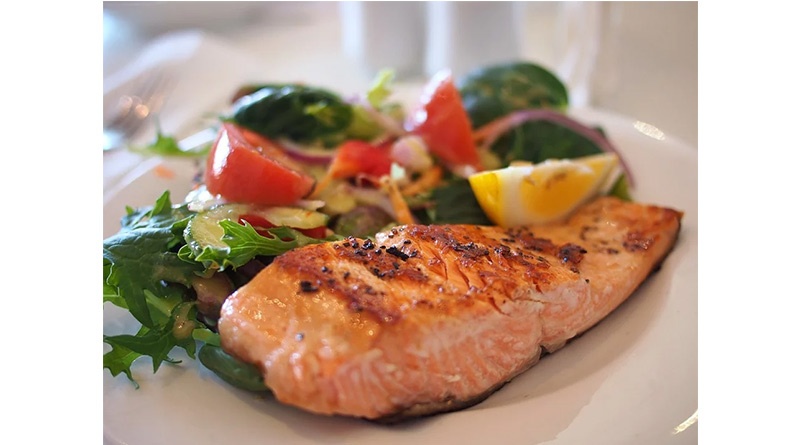56% Of UK Food And Drink Business Leaders Fear Brexit Impact On Businesses

Business leaders across the UK food and drink industry remain unclear on the impact that Brexit will have on their business over the coming 12 months, despite the looming Brexit deadline, according to Lumina Intelligence’s new Top of Mind Report 2020/21, business.
This was consistent across both leaders in grocery retail and the hospitality sectors. Amongst the former, 56% of business leaders stated that they were unclear, with a further 14% saying they ’don’t know’, leaving just three in ten with clarity on the Brexit impact. . For hospitality businesses, the same proportion (56%) were not clear and a further 12% did not know, once again leaving less than a third who felt clear on the impact Brexit would have on their business in the coming year.
One hospitality operator commented, “We have no clarity on whether there will be a deal and the resultant impact on our supply chain is therefore unknown.” Whilst a grocery retailer described the situation as a: “Feeling of heading towards the brink with no ability to influence! We need to prepare…but don’t know exactly what to do, and time is running out.”
In addition to a lack of clarity surrounding the impact of Brexit on their business, import tariffs are the top concern amongst both grocery retail and eating out business leaders. Across both channels, leaders remain concerned about the additional costs to be incurred from cross border tariffs, in addition to the availability of goods from the European Union.
With regards to tariffs, one grocery retail business leader said they were concerned with the “Potential increased cost of goods from manufacturers”, meanwhile a hospitality business leader highlighted the impact it could have on menu engineering, “Tariffs … this will be challenging to keep a reasonable food cost as well as to source products. Menus will certainly have to be adapted.”
Sarah Coleman, Insights & Communication Director at Lumina Intelligence added, “Brexit has caused a great deal of uncertainty and concern to businesses across the UK food and drink industry for some time. Due to the significant impact of the coronavirus pandemic, it is understandable that focus has shifted to fighting the immediate challenges, but the Brexit deadline is looming and businesses need clarity on how they will be impacted and how best to prepare for this.”
Grocery retail leaders largely positive, as hospitality faces significant challenges
Compared with December 2019, there has been a 33pp increase in the proportion of grocery retail business leaders describing current business conditions as positive. Increased footfall and basket spend, driven by the impact of the coronavirus pandemic have resulted in 14% of grocery retail business leaders describing current conditions as very positive (+12pp vs Dec 2019) and 49% as positive (+21pp vs Dec 2019).
In contrast, business leaders across the hospitality industry almost universally (97%) described trading conditions as challenging. This is an increase of 43pp, up from 54% who described conditions as challenging in December 2019.
Investment in technology will be a legacy of the pandemic
Coronavirus has exacerbated the existing trend towards delivery in both the grocery retail and eating out markets and the report forecasts that this will be a long-term shift.
When asked to choose the three most important long-term consumer trends, ‘demand for home delivery’ came top for grocery retail business leaders, with 44% selecting this option. For hospitality leaders, 24% highlighted demand for home delivery, with a decrease in footfall and squeeze in household budgets coming out as the most important consumer trends for sector leaders.
Having relied more on delivery services under lockdown, many consumers have now overcome a technology barrier, meaning these services have now reached older/ less tech savvy consumers in both grocery and foodservice delivery.
For more information on the Lumina Intelligence UK Top of Mind Report 2020, please click here.
